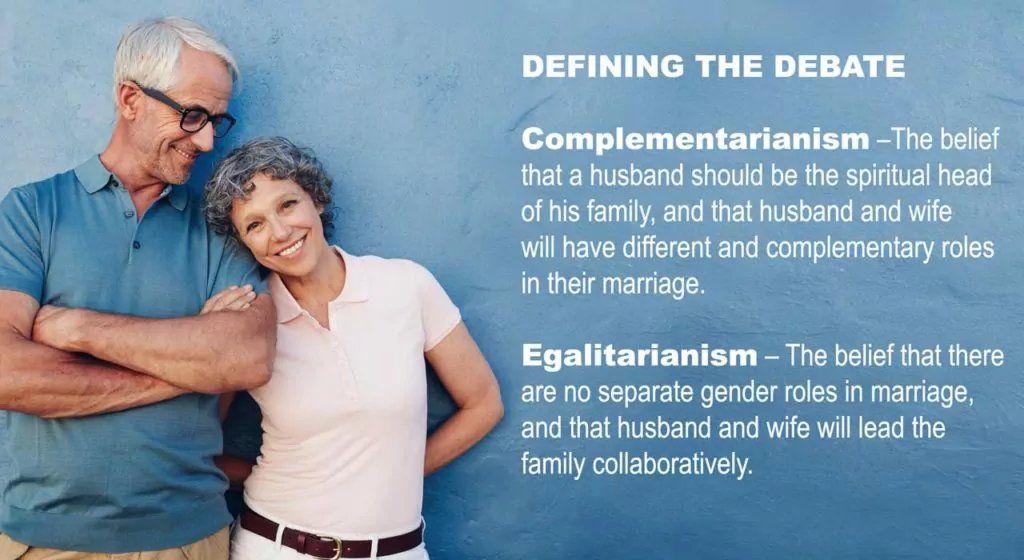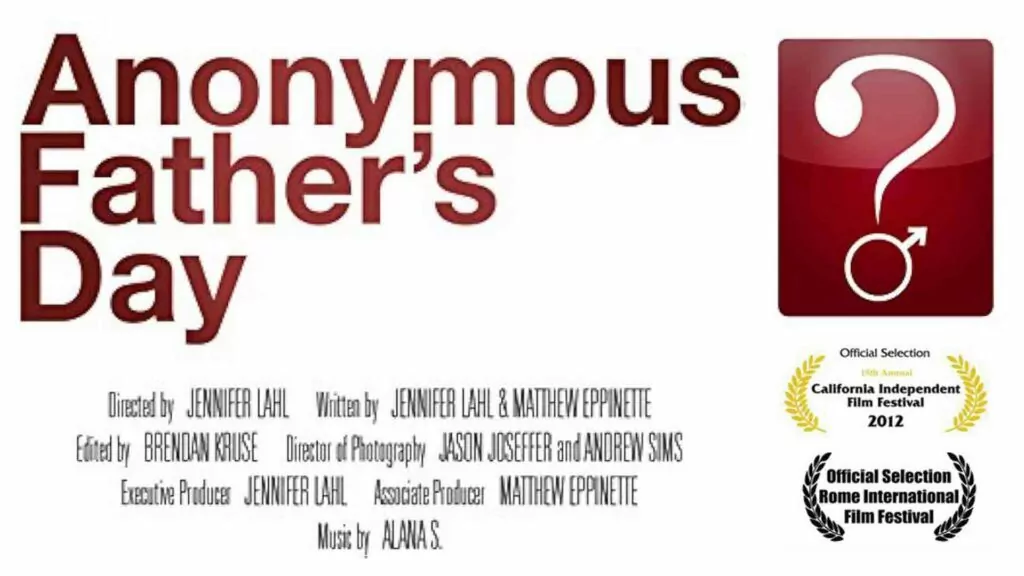Back in 2021, math teacher David Shuster gave this presentation to the parents of his students at Trinity Classical School in Bellingham, WA.
****
How can you and I best work together to help your children learn mathematics?
Actually, I don’t really want to talk about that.
I think, in pursuit of the “how,” we sometimes lose sight of the “why,” which is something often especially elusive in mathematics. As I’m teaching my students in their proofs for geometry, we need to always work with the goal in mind. If you don’t know where you’re headed, how are you going to get there?
My hope is that talking about the “why” of math will naturally illuminate the “how” of math. So that will be the main part of my talk, and then maybe we’ll briefly revisit the “how” towards the end.
So, why should we, as Christians, learn math? If there is no good answer to this question, then the student who says “Uggh, I’m never going to use this anyway” is making a good point. Life is short; memento mori!1 Don’t waste your life staring at numbers.
Now of course the why of everything is to become more Christ-like. Yet if we look at Christ’s life, it doesn’t seem like there’s that much math in it. “If you have 5 loaves of bread and 2 pieces of fish, and divide that among 5000 people, then the remainder is 12 basketfuls…” The Bible is full of theology and history and philosophy and language and even music. But it seems like the most math you get is those seemingly skim-worthy census counts or tabernacle dimensions in Exodus, etc.
It is in there, for eternity
Raise your hand if you know what the Ten Commandments are. If you know who Moses is. If you know what the Tabernacle is. If you know who Bezalel is. Well, God was telling Moses about Bezalel and God said, “I have filled him with the Spirit of God, with ability and intelligence, with knowledge, etc.” Now go read Exodus and notice that much of that Spirit-filled ability, intelligence, and knowledge was very mathematical and quantitative. Bezalel spearheaded the building of the Tabernacle which serves, inscribed in the everlasting Word of God, as a reminder that God dwells among His people. Bezalel used math to eternally preach the beauty of the Incarnation of Christ.
We may use buzzwords like “financial stewardship,” but we forget the potential significance of practicality. We often forget that the real core of the Christian battle is fought on the ground in the most mundane moments of life. And, as with the behind-the-scenes character who helped build the Tabernacle, those mundane material moments are etched into eternity.
Math fosters logic
Ok, but what if I don’t want to be a Tabernacle-designer? Ah, ya got me. Let me tell you about the second reason we should study math. It develops principled thinking. Are you glad you can figure out what 2+5 is? What’s the use of learning it? You can just use a calculator. But the language of math forms our ability to think abstractly and recognize patterns.
In fact, let’s look at what happens when the mathematical way of thinking is missing. Among the majors in college some odd ones tend to score very low in tests of mathematical and statistical skill: public administration and journalism. Now look where that got us.
I’m not insulting anyone.
I am saying that we desperately need godly journalists and public administrators who can logically pursue objective truth. In fact, whoever you are, you need quantitative discernment now to even read the news with wisdom. Studying math builds a deep intuition for the objectivity of truth.
Math echoes our faithful God
I sometimes like to watch grappling matches. And now and then I’ll see a wrestler who is about to get choked, and he just looks so incredibly calm. Calm wrestling. That’s what we do in math class. Uh, except no chokeholds. So often, that calmness allows us to notice openings and turn the tables instead of struggling in a futile and unproductive way. We learn to wrestle calmly even when uncertainty hangs over our heads. Because we know that our reality is upheld by a firm foundation, we know we can learn to love the pursuit of pure truth without fearing that our ground will give way.
These characteristics of math are largely due to the structure deeply built into the content of math, which is reflected in its highly structured language. In philosophy, literature, and theology, the grammatical/ linguistic/literary structures, and the argument constructions, rely on consistent ways of moving symbols around to create meaning and to move from truth to truth. And math does a particularly good job of honing in on that skillset because the rigid language develops a keenly patterned way of thinking. Studying mathematics trains a principled pursuit of truth.
But does the structure of mathematics become a circular cage? G. K. Chesterton said that:
“Imagination does not breed insanity. Exactly what does breed insanity is reason. Poets do not go mad; but chess-players do. Mathematicians go mad, and cashiers; but creative artists very seldom…. Poetry is sane because it floats easily in an infinite sea; reason seeks to cross the infinite sea, and so make it finite….”
What Chesterton just described as math and reason is its form in the fallen world divorced from its Creator. But when math and reason are contextualized by the liberal arts and, most importantly, grounded in a relationship with Christ, they take on a different tone.
To return to Chesterton again, children have a natural sense of wonder when they see patterns in nature. Why does the sun always rise? Why do apples not cease to fall from trees? There is something miraculous about regularity, even in mathematics. We often take “1+1=2” for granted. Yet the patterns and consistencies of reality do not exist fully ex-nihilo. Rather, each of these consistencies reflects the faithfulness of God. The order and the logic behind the universe must be understood as a creative act of God, as a constant outpouring of His nature. And when we see reason as a creative outpouring of God’s nature, math’s true beauty becomes visible. Rather than having an either/or relationship with imagination, reason joins forces with imagination.
And so, because math is God’s creative act, poetry is built into the language of mathematics. Out of His nature, God spoke nature into order, and mathematics is the patterned language that we speak back to Him to echo His faithfulness.
Math points to the magic undergirding it all
Thus in a fundamental way, math is myth. I don’t mean that it’s false, but I mean that it orients us around the regularities that we can behold but cannot grasp. Therefore we must strive to see poetry in the logical, and logic in the poetical. As we draw connections between different areas of mathematics, we see how the fabric of mathematics is skillfully woven by God to help us behold what is beyond us. For the Christian, reason is that fragile little vessel which allows us to chase the horizon on the infinite sea of poetry. The structure, pattern, the consistency of the mathematical language, this is the rigidity of that little wooden boat we’re in. And this little wooden boat is the interface of the infinite. And as we learn to see God’s order and infinitude reflected in every horizon, mathematics is transformed. For the Christian, math is patterned praise, a cosmic liturgy.
And so when all this comes back around to the practical, we can find reason to praise God when calculating our taxes. No, I’m serious: in an ashy wasteland, even the littlest green sprout of God’s truth can be greeted with thanksgiving.
So, to reiterate:
- Math is practical – it has eternal implications.
- Math is principled – it trains a drive for truth.
- And math is poetic – it is our way of cherishing and proclaiming the creative consistency that God perpetually speaks into reality.
Conclusion
Therefore, and this is the part to take notes, please make sure your kids get enough sleep. Make sure they have a quiet space because math is a little bit meditative.
Whenever possible, ask them to help compute budgets or sketch out geometry behind fencing projects. Play games, think about riddles. Do regular things with math eyes on.
Also consider your own attitude, as a parent, about math. If you’ve had a bad experience with math in school, try to take on the Christian vision of mathematics as something beautiful. Many things in life, attitudes included, can be inherited.
Endnotes
1 “Remember death”












